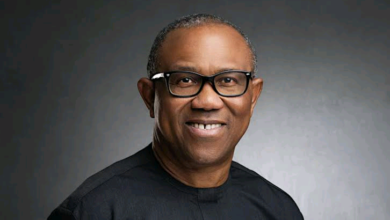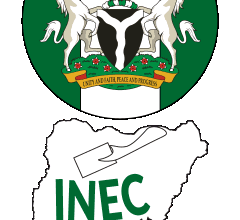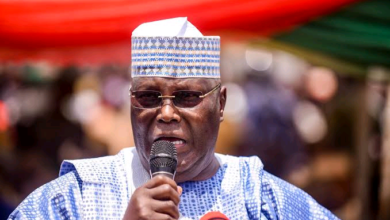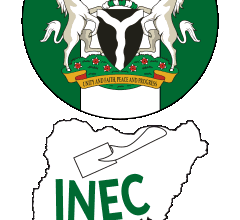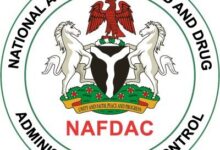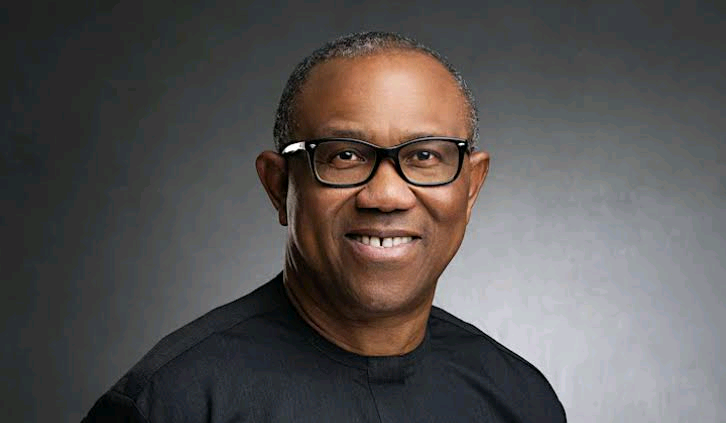
The 2023 presidential candidate of the Labour Party (LP), Mr. Peter Obi has said that the democratic system in Nigeria is transactional and compromised.
Obi’s comment follows the Senate’s approval on Thursday of President Bola Tinubu’s proclamation of a state of emergency in Rivers and the suspension of Governor Siminalayi Fubara, his deputy, Mrs. Ngozi Odu, and all the members of the House of Assembly for 6 months.
He had earlier criticised the Senate’s approval, stating that it cannot be determined by a voice vote.
In a post on X (formerly Twitter) on Friday, the politician reiterated his stance, saying that ‘democracy does not exist in Nigeria’.
He wrote: “The parliamentary vote held yesterday clearly demonstrates that democracy, in its true sense, does not exist in Nigeria. Where there is no functional opposition, democracy cannot thrive.
“Opposition is a critical pillar of any democratic system. It ensures that the right things are done, holds the ruling party accountable, and offers alternative viewpoints. However, an effective opposition can only exist within a system that supports proportional representation—an approach practised in countries like South Africa and Indonesia.
“In South Africa, for example, the National Assembly has 400 seats. The African National Congress (ANC) received about 40% of the vote and holds approximately 160 seats, while the Democratic Alliance (DA), with about 20% of the vote, holds around 80 seats—alongside several other parties. Those who contested the presidential election remain the recognised leaders of their respective parties.”
Obi disclosed that a similar situation exists in Indonesia and other countries where democracy is ‘genuinely practised’ saying, “As is the norm in such systems, laws prohibit elected officials from switching parties without forfeiting their seats.”
This, he said, helps to maintain party discipline and preserves the sanctity of the electoral mandate, stressing that the mechanisms contribute to a more balanced, accountable, and credible democratic process.
“If that were the case in Nigeria, our Senate—comprising 109 seats—would be more reflective of electoral realities, with the APC holding 44 seats, the PDP 33 (under the leadership of Atiku), and the Labour Party 27 (under my leadership). Ideally, the House of Representatives should mirror this balance, with approximately 144 APC members, 108 PDP members, and 90 Labour Party members.
“But this is far from the case. The absence of laws restricting party defection allows politicians to switch allegiances freely and without consequence,” the former Anambra State Governor explained.
According to him, the aforementioned do not only weaken the opposition, but also make a mockery of the electorate’s will and undermine the integrity of Nigeria’s democratic institutions.
He added: “What we are left with is not a genuine democratic system, but one that is transactional, compromised, and, in many respects, resembles organised criminality. Unless we urgently implement reforms to entrench true democratic principles, enforce party discipline, and ensure fair representation, Nigeria’s democracy will remain fragile and dysfunctional.
“But we will not surrender to criminality. We shall continue to fight for democracy—genuine democracy.”


